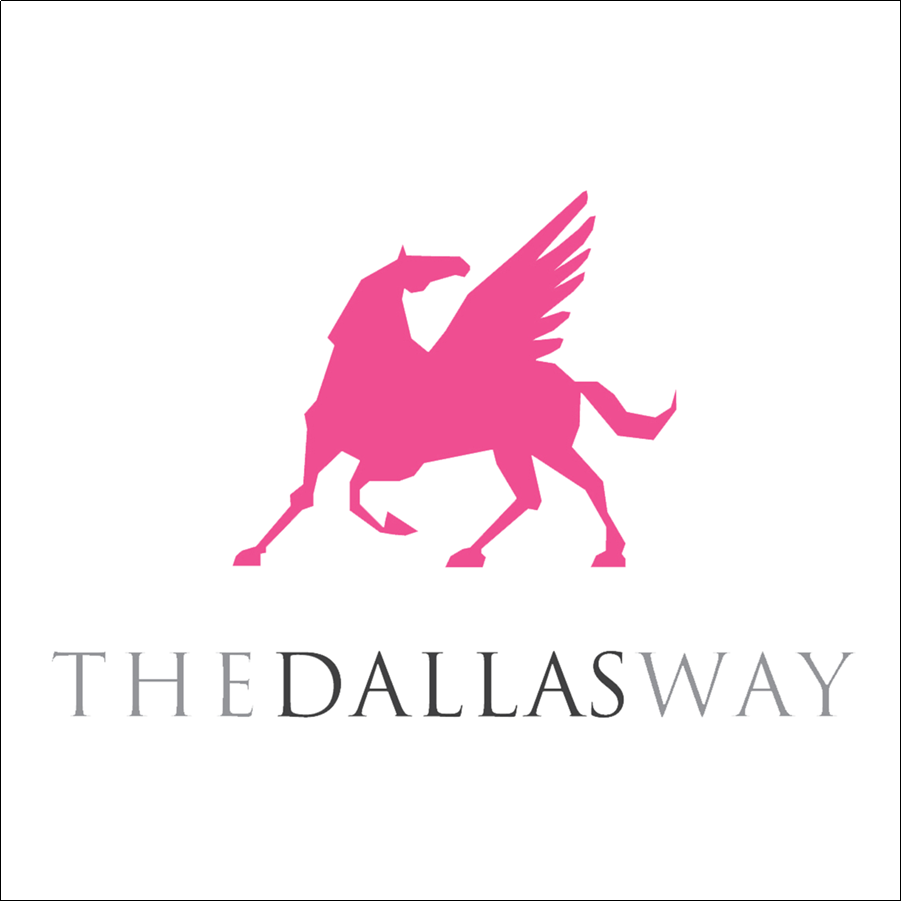by Carl Parker
Principal founder of Black Tie Dinner, John Thomas, with close friend Vivian Shapiro of New York
The Black Tie Dinner is a formal charity dinner held each year in the Dallas to raise money for the North Texas GLBT community and the HRC Foundation. Since its inception, the Black Tie Dinner has remained the largest GLBT fund-raising dinner in the nation, both in attendance and distribution. Today, the annual dinner is attended by approximately 3,000 guests and has an annual distribution of over $1 million. Each year, Black Tie Dinner selects up to 20 GLBT focused organizations in the North Texas area to receive proceeds, in addition to one standing national beneficiary, the Human Rights Campaign Foundation. To date, Black Tie Dinner has raised $16.3 million.
The Black Tie Dinner mission statement is “Black Tie Dinner is a non-profit organization that raises funds for gay, lesbian, bisexual and transgender (GLBT) supportive organizations serving North Texas through a premier event of empowerment, education and entertainment in partnership with the community.” Many in the North Texas GLBT community feel that the annual event represents not only a renewed commitment to financial support to worthy local and national organizations, but also a renewed commitment to the spirit of cooperation and mutual endorsement of all of the organizations’ contribution to the GLBT community.
The inception of the dinner occurred in the early spring of 1982, when the newly formed Human Rights Campaign Fund, located in Washington, D.C., designated one of its leaders, Jim Foster, to make contact with the gay communities of several larger cities to test their interest in holding a formal fund-raising dinner to support HRCF. One of the individuals Foster contacted was an old friend who had recently moved to Dallas from Miami: John Thomas. Thomas agreed to meet with Foster if he would come to Dallas, and to pull together some friends who had connections with the gay community there. That initial meeting was attended by Jim Foster, John Thomas, Mike Anglin and Ray Kuchling, and after a discussion of the magnitude of such a project, Anglin said, “I think we’re gonna need a bigger boat.” In other words, this fund raiser's success would depend in no small part on the ability of the steering committee to sell a large number of rather expensive tickets. He called Dick Weaver, a beloved and well connected member of a large social network of friends in the GLBT community, and Weaver immediately agreed to host a larger gathering of potential volunteers and supporters of the project at his apartment the following evening.
At the second meeting, it was agreed that the group would commit itself to hosting a large (for that era) formal, black tie dinner, with the net proceeds to be given to HRCF. Although Jim Foster's concept was that the dinner would be an official HRCF event, owned and controlled from Washington, the Dallas leadership informed him that they felt the project would be more successful if it were owned and controlled locally. The first Dallas Black Tie Dinner, held in October 1982 at the Fairmont Hotel in downtown Dallas, was attended by 140 people, and produced a $6,000 donation to the Human Rights Campaign Foundation. Held annually thereafter, the dinner steadily grew in both attendance and distribution of proceeds, splitting the net earnings of the event between HRCF and various local and state-wide GLBT tax-exempt organizations.
The dinner has a history of featuring high-profile keynote speakers. In addition, a number of awards are presented annually, including the Kuchling Award. A 21-person Board of Directors, led by two co-chairs, governs the Black Tie Dinner and the members of the board, as well as hundreds of community volunteers, produce the event. The dinner is a highly anticipated event in the North Texas GLBT community, and regularly sells out months in advance. Many in the community look forward to the annual recognition of mutual support and cooperation, the celebration of GLBT successes from the past year, and the inspiration and empowerment of the annual event.



